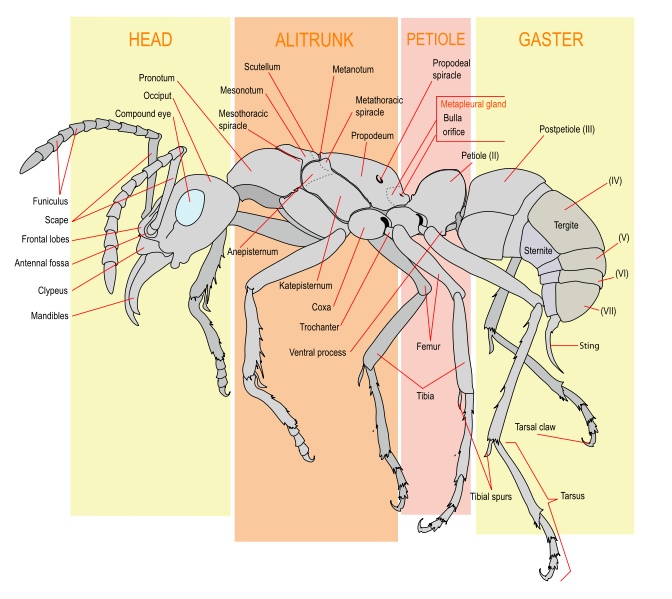In a conversation on Melvyn Bragg's In Our Time, Evelyn Fishburn claims that Borges "wasn't an original thinker, he was an original writer." Instead of systematizing his ideas, aligning them with a theoretical language, he enacts them as a reality of its own. Just as Husserl says of consciousness, Borges' work "streams into the life-world," shaping it as it opens itself up into the openness.
By 60 years of age, Borges was completely blind, embracing (for us) the image of the blind poet who recites his work from memory and composes in compact packets of prose and poetry. His blindness, as a metaphor, liberates his work from the perceptible, human world, allowing it to take on its own sensory organs, understanding, and consciousness.
Friday, September 14, 2007
Sunday, September 2, 2007
Connections in separate statements
"The ideal point of penality today would be an indefinite discipline: an interrogation without end, an investigation that would be extended without limit to a meticulous and ever more analytical observation, a judgement that would at the same time be the constitution of a file that was never closed, the calculated leniency of a penalty that would be interlaced with the ruthless curiosity of an examination, a procedure that would be at the same time the permanent measure of a gap in relation to an inaccessible norm and the asymptotic movement that strives to meet infinity. The public execution was the logical culmination of a procedure governed by the Inquisition. The practice of placing individuals under ‘observation’ is a natural extension of a justice imbued with disciplinary methods and examination procedures. Is it surprising that the cellular prison, with its regular chronologies, forced labor, its authorities of surveillance and registration, its experts in normality, who continue to multiply the functions of the judge, should have become the modern instrument of penality? Is it surprising that prisons resemble factories, schools, barracks, hospitals, which all resemble prisons?"
Discipline and Punish
][ ][
To me, to disappear does not mean to become eliminated. Just like the Atlantic, which continues to be there even though you can no longer feel it as your fly over it. Or like the body that continues to exist without actually being needed.
"Architecture in the Age of its Virtual Disappearance"
][ ][ ][
I have spent a lot of time alone in "nature" or, to be more specific, in the "non-manmade environment" - for me, nature is the life-flow and as such it is unfathomably mysterious. Almost all my work is based on nature as metaphor, as muse. Even as I spend my entire life seeking to intuitively understand its processes and in turn communicate these to an audience, what I seek will, I know, always remain beyond my reach, with each work being only a step towards some kind of understanding, toward some kind of reconciliation.
“The Real and the Virtual – An Interview with Char Davies.”
citation
Subscribe to:
Posts (Atom)
